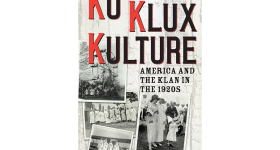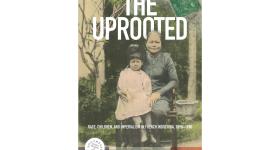Continental Defense in the Eisenhower Era: Nuclear Antiaircraft Arms and the Cold War
Christopher Bright, PhD ’06 discusses the widespread acceptance of American weapons by the American public, a result of being touted in news releases, featured in films and disseminated as a...







